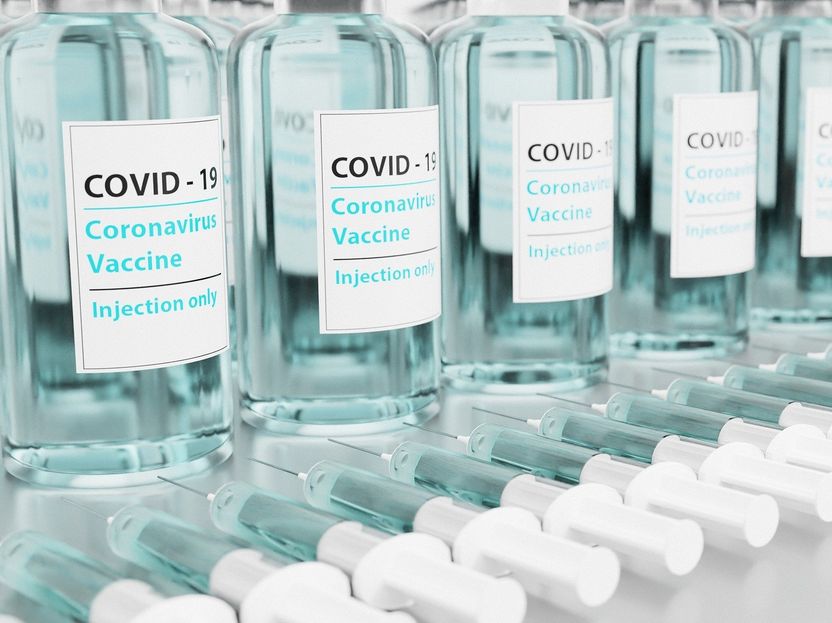Start of production in record time: Evonik delivers first lipids from German facility to BioNTech today
Availability of COVID-19 vaccine to increase significantly
Advertisement
Evonik is helping to accelerate the production of the Covid-19 vaccine from Pfizer-BioNTech by suppling an essential component. Evonik is delivering first batches of the urgently needed lipids for the mRNA-based vaccine to BioNTech months earlier than planned. Specialists at Evonik’s Hanau site had set up the lipid production in just eight weeks, meeting the high-quality requirements for the component. Initially, delivery was scheduled to start in the middle of the year.

Evonik is helping to accelerate the production of the COVID-19 vaccine from Pfizer-BioNTech by suppling an essential component. Evonik is delivering first batches of the urgently needed lipids for the mRNA-based vaccine to BioNTech months earlier than planned (symbolic image).
pixabay.com
"Setting up production at this speed is a great achievement," says Christian Kullmann, chairman of Evonik's executive board. "Increasing lipid production in Germany will also allow us to further accelerate the manufacturing of larger quantities of the vaccine. In this way, we are contributing to the fight against the pandemic."
As part of its strategic partnership with BioNTech, Evonik produces two different lipids for the Pfizer-BioNTech COVID-19 vaccine. Together with other lipids, they encapsulate to form a lipid nanoparticle (LNP), which serves as a protective shell around the mRNA to transport it safely into the cell. There, the mRNA is released to allow the vaccine to take effect.
"This is a complex production process that only a few in the world master," says Dr. Thomas Riermeier, head of Evonik's Health Care business line. "We're demonstrating once more that Evonik is a superior and reliable partner for the pharmaceutical industry, far beyond COVID-19."




















































